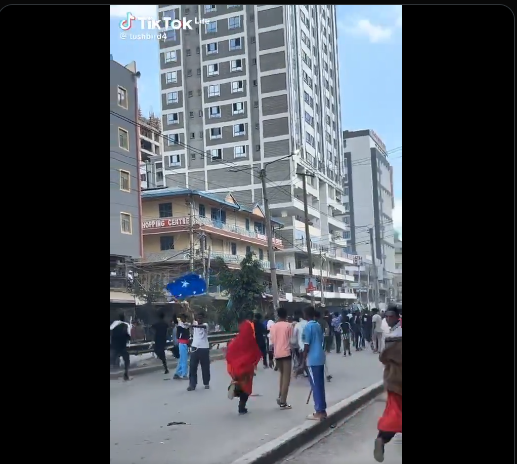In recent years, Nairobi’s Eastleigh neighborhood, often referred to as “Little Mogadishu,” has attracted significant attention due to its dense Somali population and unique cultural presence.
As a hub for commerce largely driven by Somali entrepreneurs, Eastleigh has become essential to Nairobi’s economy, offering goods at some of the best prices in the city.
Many Somali immigrants have made Eastleigh their home, contributing to its reputation as a commercial center.
This strong Somali identity in Eastleigh has occasionally sparked social and political tensions, with some locals calling for a more regulated immigration policy, viewing the Somali influence as overshadowing other Kenyan cultures.
Eastleigh is a blend of cultures, drawing people from Somalia and other neighboring countries like Ethiopia, South Sudan, and Congo, creating a melting pot.
Despite some tensions, many local leaders and community advocates emphasize that Somali Kenyans and immigrants are deeply integrated into the local fabric.
They argue that the Somali community’s presence in Eastleigh is a strength, fostering economic growth, providing employment, and even contributing to national unity.
Somali leaders in Eastleigh have also collaborated closely with Kenyan authorities on security issues, dispelling stereotypes linking the community to extremism.
Furthermore, the Somali community’s economic contributions are substantial. Eastleigh is one of Nairobi’s largest tax-revenue sources, and many local businesses benefit from Somali entrepreneurs’ investments and partnerships with the Kenyan diaspora.
While some locals may see Somali flags and cultural markers as symbols of an “outside influence,” others view them as representative of a diverse Kenya, where communities from various backgrounds contribute to the country’s growth and resilience.


